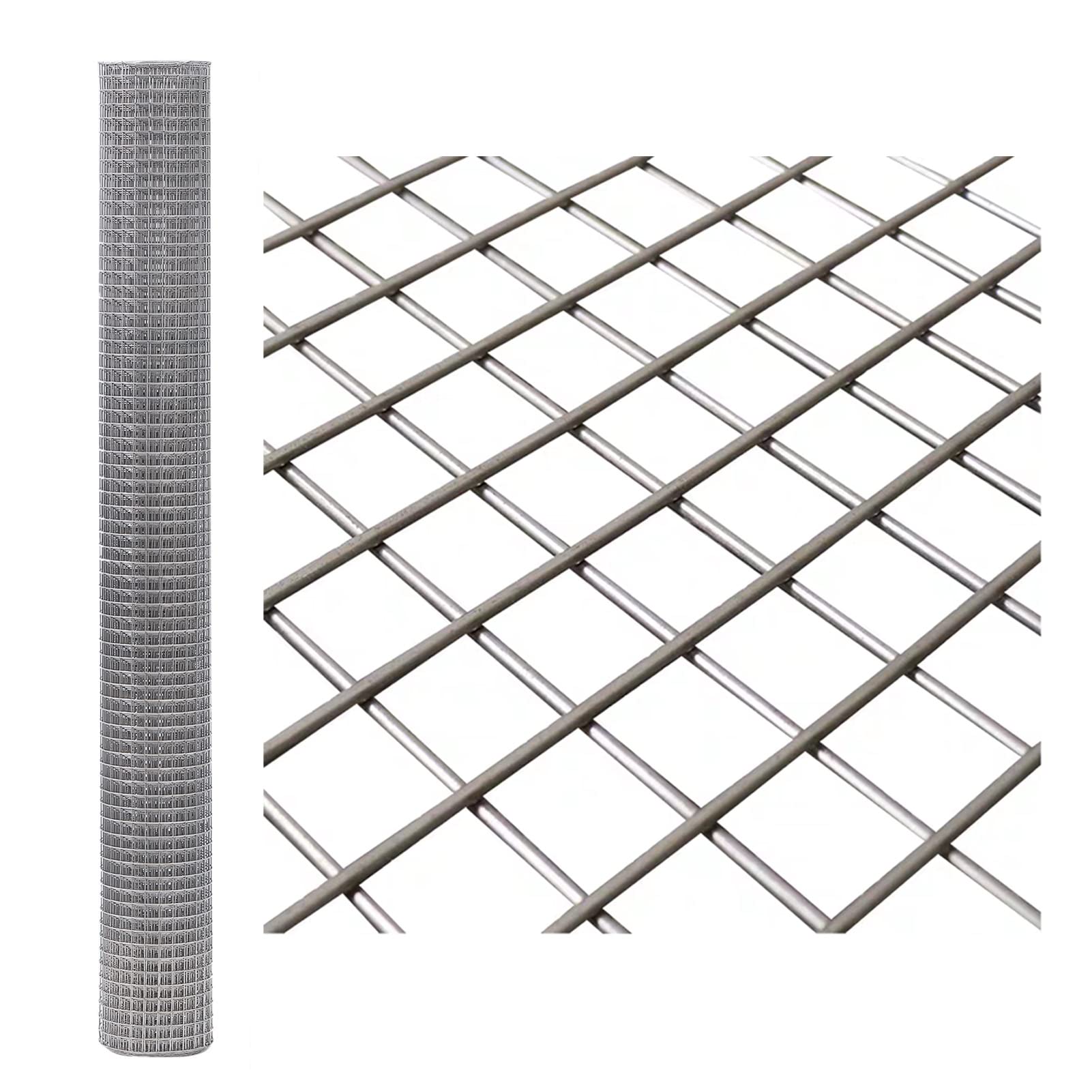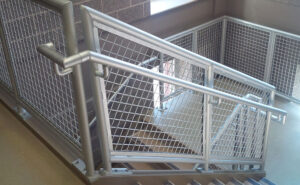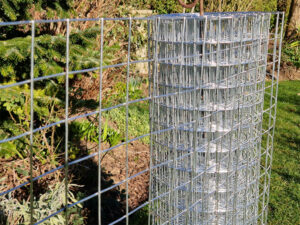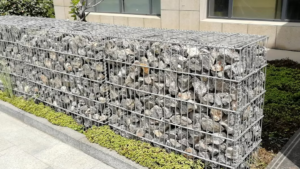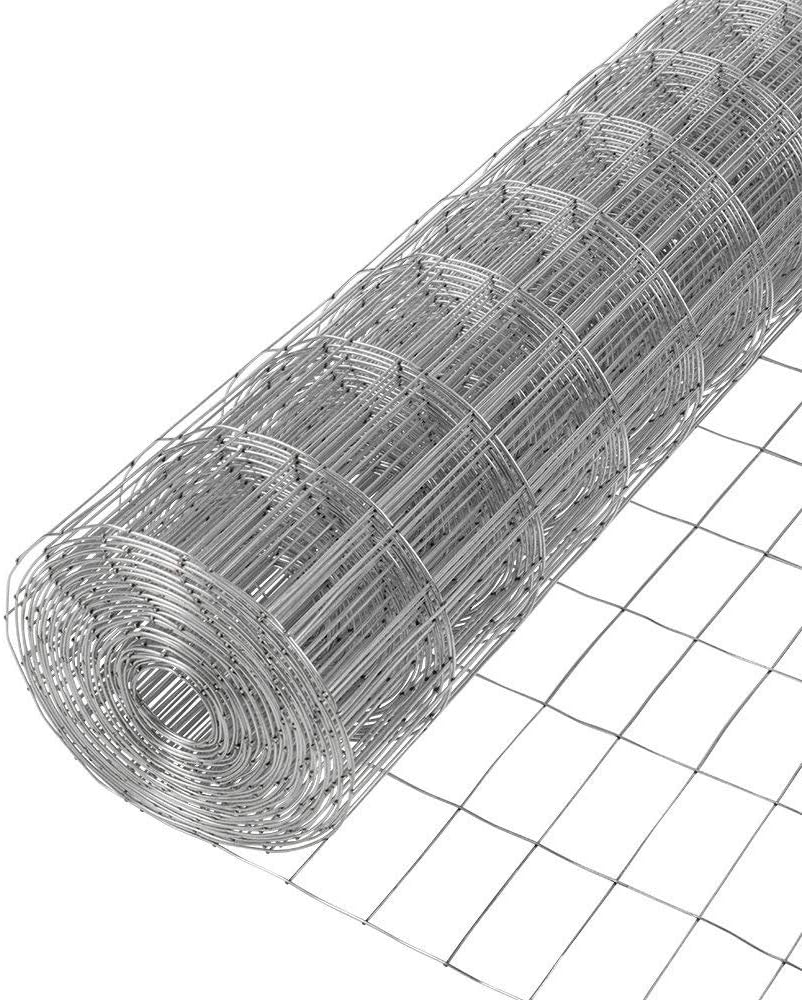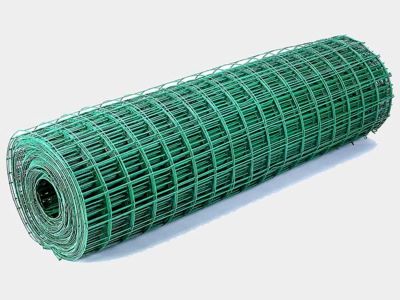– High corrosion resistance, particularly in marine and chemical environments
– Versatility in weaving types for various filtering and sieving applications
– High tensile strength and durability
– Heat and oxidation resistance, perfect for high-temperature applications
– Available in different grades, such as 304 for general use and 316 for more
demanding, corrosive environments
Description
– Filtration in oil refineries, petrochemical plants, and water treatment facilities
– Architectural applications like decorative panels, security screens, and
window guards
– Pest control in agricultural and horticultural sectors
– Marine applications including underwater fencing and filter screens
– Used in the automotive and aerospace industries for reinforcement and
filtration systems


